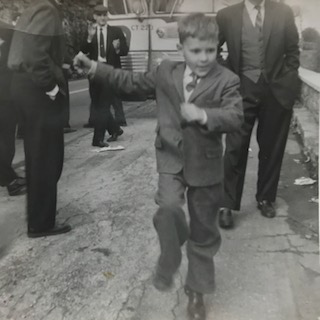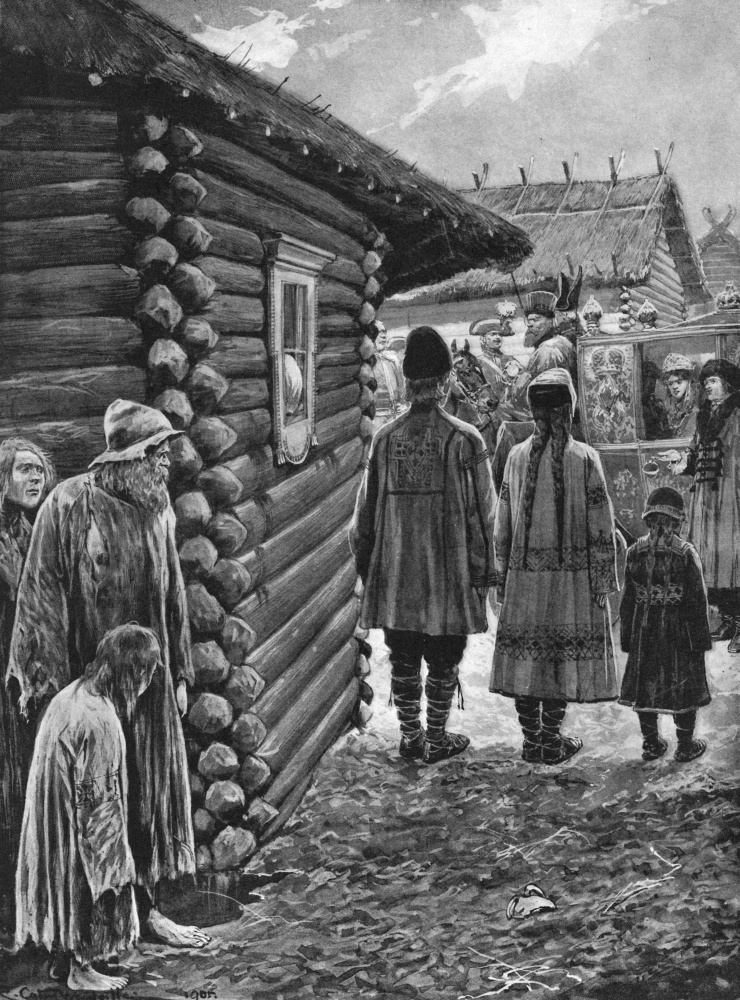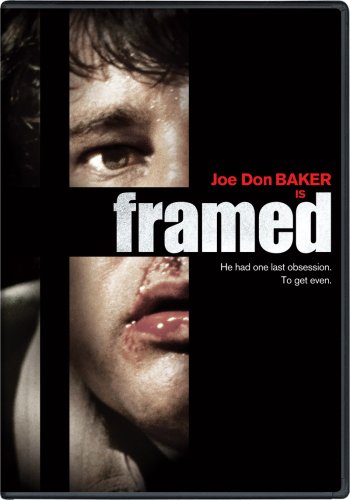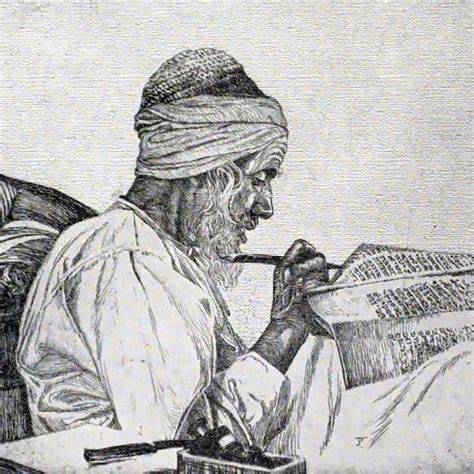Never Lost the Boy
I love this kid in the picture. It happens to be me. While the moves might not be those of a future dancing prodigy, the swinging arms, the knee lift and the happy face reveal an exuberant joy that cannot be denied.
My dad is standing right behind me. The other men were members of dad’s Lipscomb University Men’s Glee Club. And you thought “Glee” was just a TV show. Dad could bring the glee, and apparently it was infectious because here is his son cutting the rug or pavement in this case.
During the spring break at the University Dad would load up his merry band of young men and they would tour the regional south singing for the church crowd. I got to go along as the Glee Club mascot. And as you can tell, we all wore the suit and tie even on the bus. Probably a requirement imposed by my dapper dad.
What strikes me in this picture is the expression of youthful pleasure in the form of a spontaneous roadside dance. The “get down” just could not be contained. Later in my youth, I remember finding a religious tract inside a rack in the vestibule of a church with the title “A Dancing Foot and a Praying Knee Are Not on the Same Leg.” It had never crossed my young mind that one could not dance and pray at the same time.
The history of religious tracts can be traced back to the seventh century, way before the printing press. While religious apologetics was and is a viable literary form of persuasion, I put the “Dancing Foot/Praying Knee” in the category of religious folks with power who tie up heavy loads of rules and regulations, dump them on a person’s shoulders like a pack mule, offer no help to bear the load, and walk away saying “good luck with that.” It’s the equivalent of throwing a kid in the pool and saying, “Hope you can swim.”
As I look at this picture and think over my life, I realize that I never lost the boy in me. A little-boy exuberance has stuck with me. It certainly got me in trouble at times, but I believe people who maintain a childlike curiosity and “joie de vivre” will not only take more pleasure in life and their relationships but are better prepared to tackle opportunities that come their way.
If you have lost or misplaced your youthful joy and exuberance for life, then come back into the light, joy is waiting to greet you with an excited, “You’ve been missed. Now let’s dance.”









